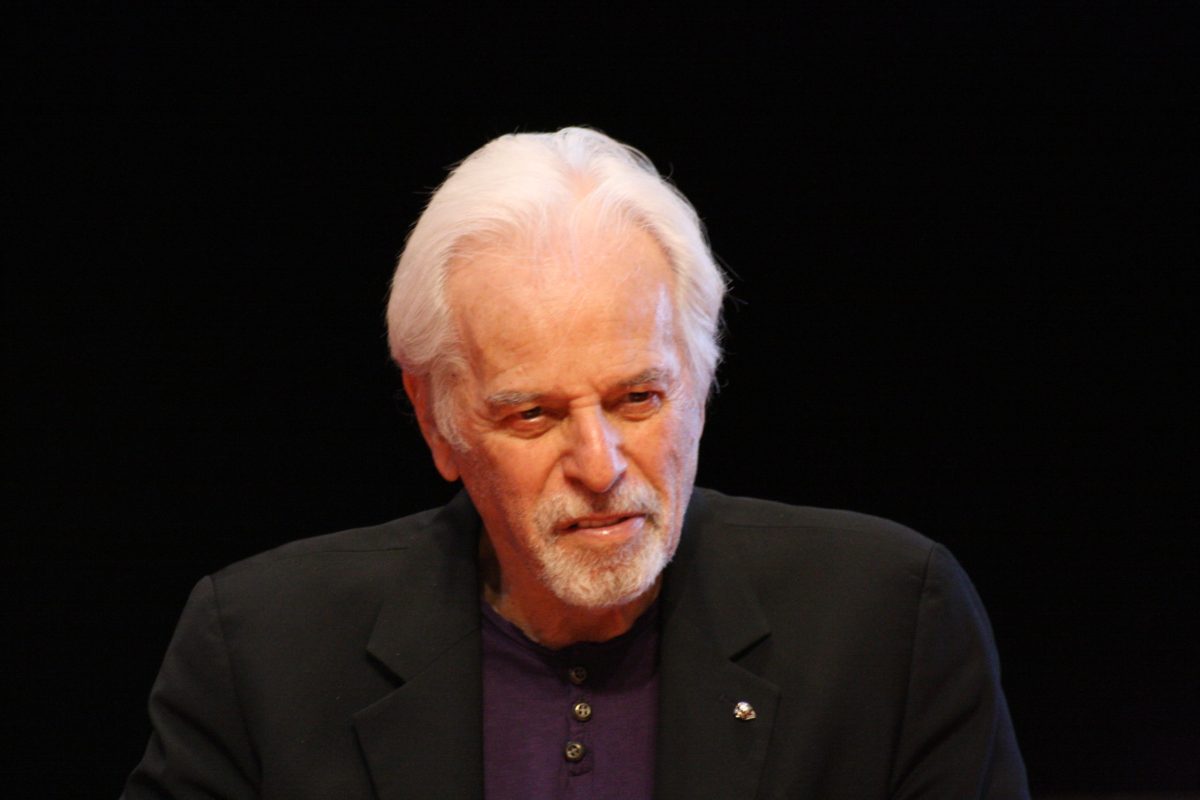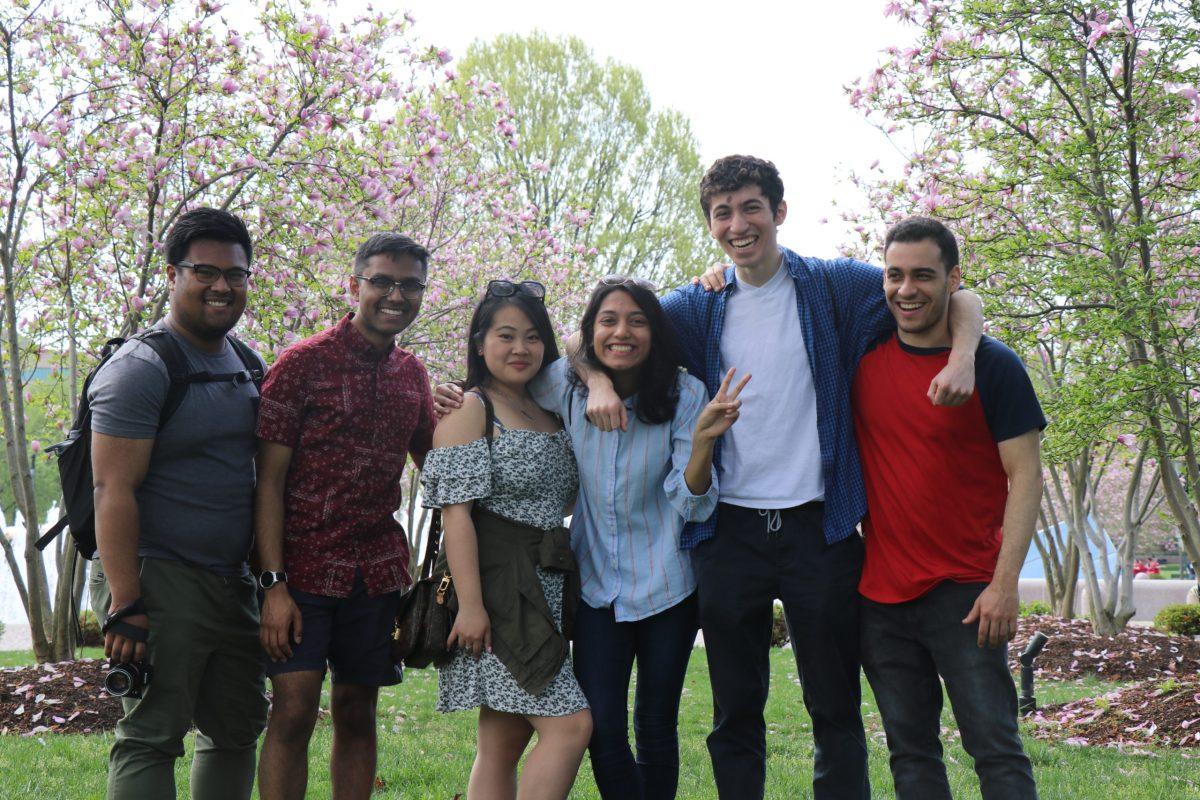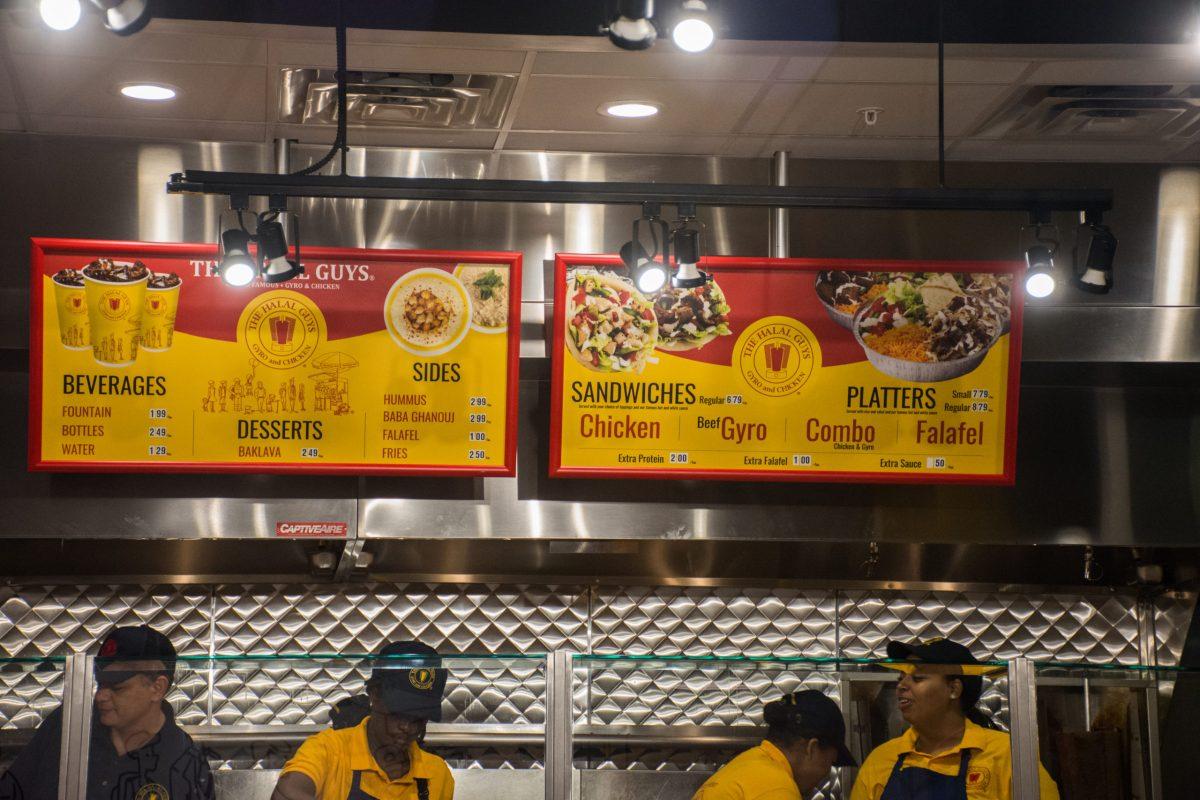Challenge #74: Go to a public place and eat an onion like it were an apple. Pretend this is normal and film others reactions.
I bought a ticket for the Cotopaxi Questival some time last August. It was about 3 a.m., I was in a Facebook black hole, scrolling passively through paywalled New York Times articles and tacky 10 second recipe videos. I reached an ad for Cotopaxi, the clothing company that makes “Gear for Good”. Think TOMS shoes, and their “one for one” promise to donate products with every purchase. I clicked a tab in their navigation bar entitled “QUESTIVAL”- It took me to a page with information, videos, and a link to purchase a ticket for Questival – Cotopaxi’s 24-hour “adventure race.”
For 24 hours on the day of your Questival, you compete in a team of 2 to 6 of your friends to complete as many of Cotopaxi’s challenges as you can. “Challenges” range from quirky activities (having a staring contest with a stranger), to adventure (biking the 6.2 mile trail in Central Park), to service (picking up 100 pieces of trash along a hike). What drew me to participating was the sense of spontaneity, adventure, getting out there and doing things and going places I wouldn’t have otherwise done. The teaser video for Questival preaches a sense of of service to your community and the environment, that’s both engaging and eye-opening. What do you get out of doing Questival, though, really? One of their outdoor backpacks and only the feeling that you can somehow make a difference in the world. All I was left with was a struggle to justify that feeling of “doing good”.
Challenge #21: Make a piece of origami out of a dollar and give it to a stranger.
Part of Questival was documenting every challenge your team complete by taking photos and uploading them through a smartphone app. This way, other teams can judge your execution of the challenge, and your team can move up or down in ranking. By the end of our first night in Manhattan, our team was so absorbed with documenting each silly challenge we did and trying to get to the next best place to do a challenge, that I really forgot that this whole experience was supposed to be about seeing the good in the community you’re a part of.
Challenge #44: Hug a stranger that is not participating in Questival for 15 seconds.
Running on about 3 hours of sleep from the night before Questival, I hopped on the Path, and started the trek to Brooklyn. At the check-in, I saw so many people like me – students coming out from class, or out of work, looking anxious and unsure, sporting one of Cotopaxi’s outdoor backpacks that comes with the purchase of a ticket, and trying to be as friendly and outgoing as possible. Mostly teams stuck with themselves, and glanced around nervously, feigning a knowledge they know what to expect. That’s both the beauty and terror of living in such an interconnected world – we’re made both hyper-aware of the world around us without adequately understanding how to interact with it.
Challenge #153: Collect all of the garbage you create during your adventure and take a picture of it in the final two hours of Questival then recycle/compost what you can.
Cotopaxi does work with nonprofit organizations worldwide that have targeted impacts in disadvantaged communities, including Educate Girls in India, and Nothing But Nets in sub-Saharan Africa. They provide impact reports, transparent information about their outsourced labor, and are commended on their customer service. One of their motifs, after all, is to “Do Good.” But feeling like you can do good by buying their products puts too much distance between you as a consumer and the impact you imagine your purchase would have.
We shouldn’t have to buy into a feeling of service and justice – these are values that we learn and practice in our everyday lives. You can choose to buy your products from socially responsible companies, volunteer your weekends at a service project, or educate and advocate for causes you feel strongly about – but don’t fool yourself into thinking that an isolated purchase or act will create a direct impact. Instead, take time to understand what it means to be a responsible consumer or activist. Learn about the communities you are a part of and respect their culture and values. Pay attention to the going-ons around you, and perform a random act of kindness without a silly prompt from a smartphone app. I can actively participate in my world this way, and still feel connected to my community and do good by it all at once. And I don’t need a fancy pair of shoes or a t-shirt with a colorful slogan to show me that.

































